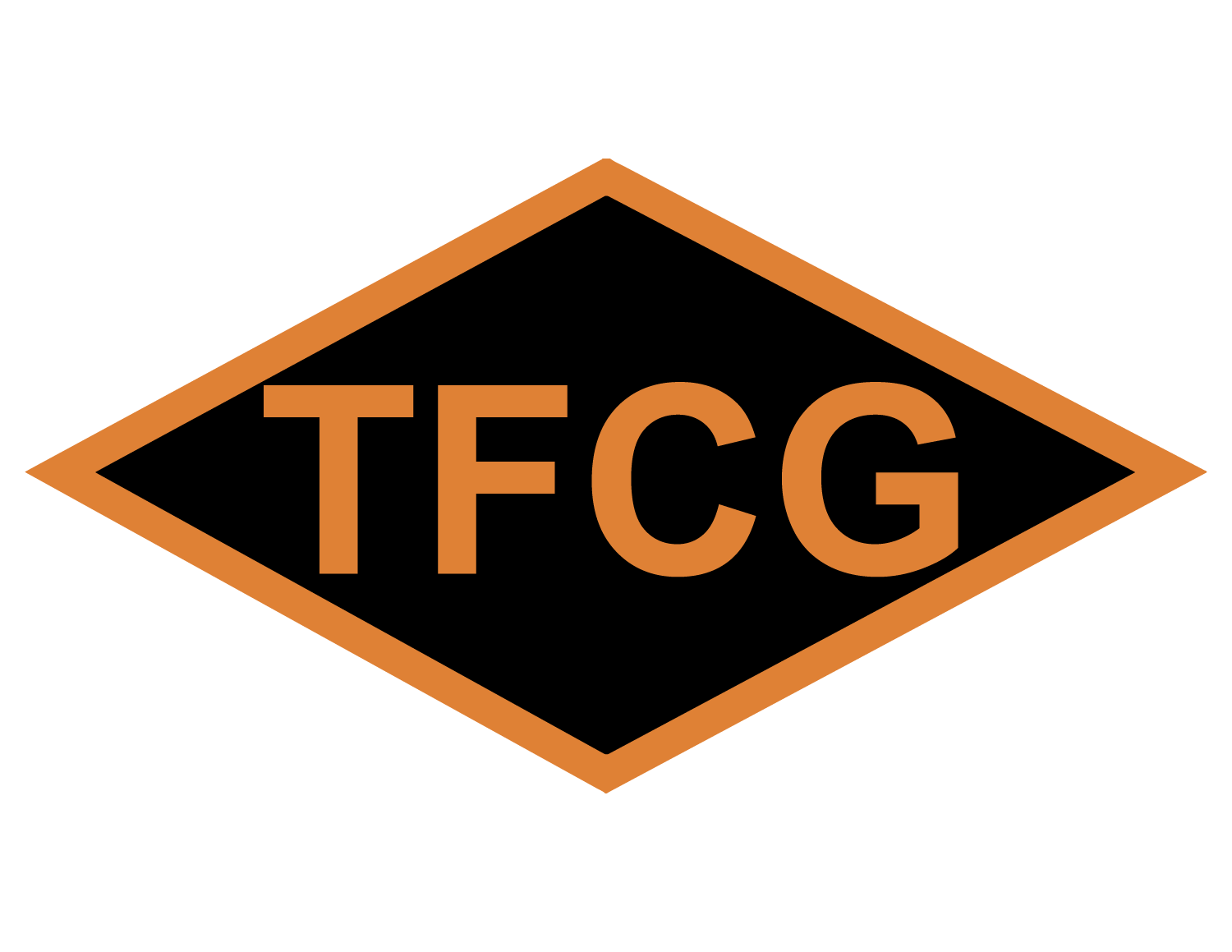Happy New Year and Keep Working the Problem (#85)
In spite of the pandemic, 2020 has been an amazing year for space travel. SpaceX and NASA sent two different crew vehicles to the International Space Station, NASA launched another Mars Rover, and NASA’s Origins, Spectral Interpretation, Resource Identification, Security, Regolith Explorer (OSIRIS-REx) mission landed on an asteroid and retrieved a sample which should be back on Earth in 2023. One of the first blog posts I did was about The Martian (by the way, a fantastic movie and superb book if you haven't seen/read it). At the end of the movie, after spending 560 days alone on Mars before his rescue, Mark Watney (the astronaut played by Matt Damon) talks to a new bunch of astronauts. He tells them "At some point, everything’s gonna go south on you… everything’s going to go south and you’re going to say, this is it. This is how I end. Now you can either accept that, or you can get to work. That’s all it is. You just begin. You do the math. You solve one problem… and you solve the next one… and then the next. And If you solve enough problems, you get to come home."
Although the book and the movie are fiction, it is based on NASA's culture. Space travel is inherently risky, especially when you consider the millions of parts that all have to operate perfectly in the rocket, the command module, and lunar module to get astronauts to the moon and back during the Apollo Program. Every launch that the United States of America has done, all the way back to the Mercury Program, has had some complications small or big, especially Apollo 13 (also a great movie). Along the same lines as Mark Watney, Gene Kranz in the movie Apollo 13, one of NASA’s Flight Directors, says after the explosion, “Let's work the problem people. Let's not make things worse by guessing.” NASA has always exhibited this mindset -- the astronauts and the teams at mission control identify the problem, break the big problem down into smaller problems, work each problem as it presents itself, and keep solving problems until they get the astronauts home safely.
The idea of breaking down a problem and solving small parts isn’t just for NASA, though. It comes up again and again in the leadership topics I discussed in 2020 and will talk about more in 2021. It plays a role in conflict management, team building, and problem solving. More importantly, it energizes our individual grit and our organizational grit.
Now we all aren't stranded on Mars or trying to get a damaged spacecraft home (although 2020 sometimes felt like it!) But, we, as leaders, all have a series of problems to break down into smaller ones and solve them or our company, our team, and our families on into 2021. Go on the offense in 2021 and keep working the problem until you, your family, and your team get through the new year.


